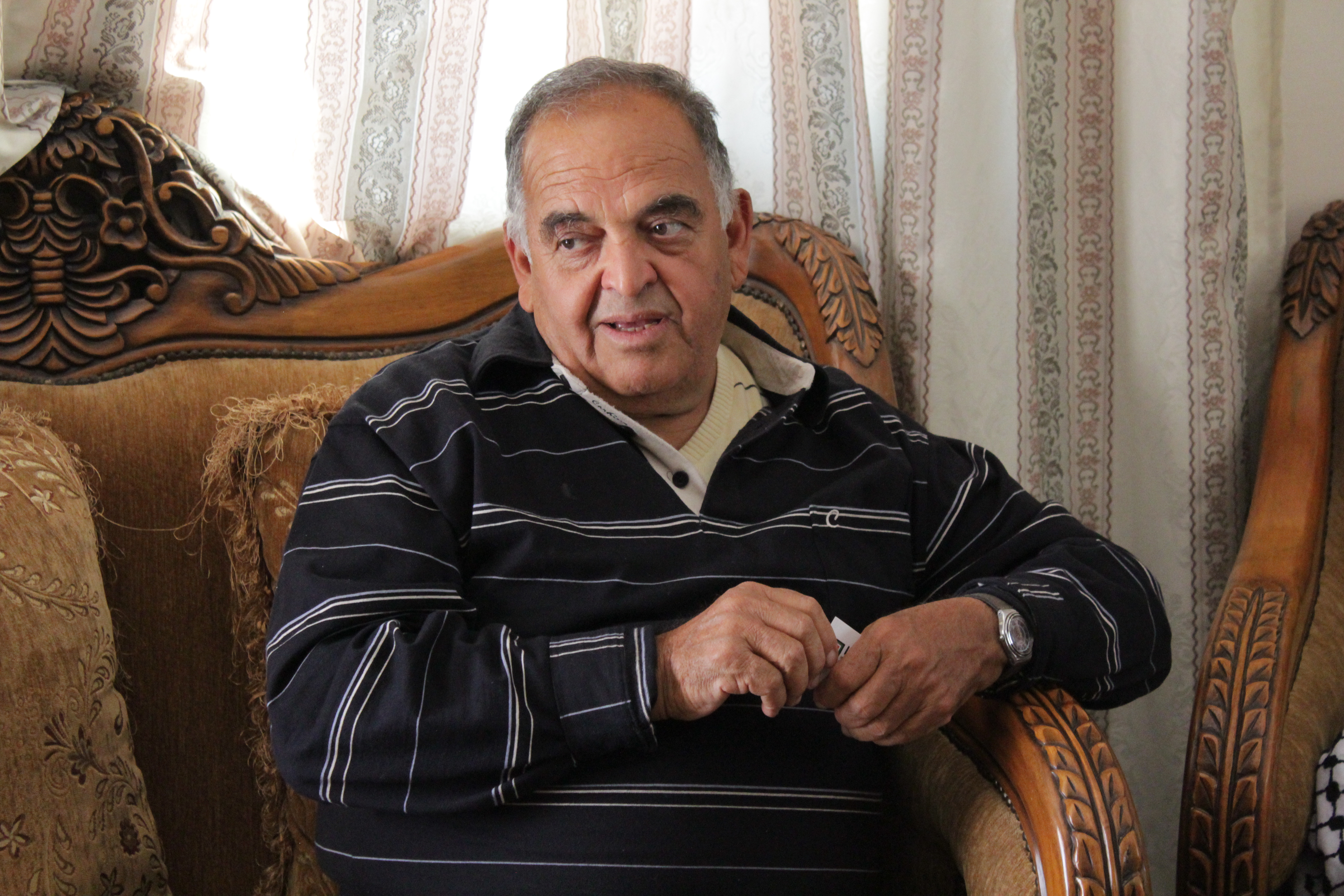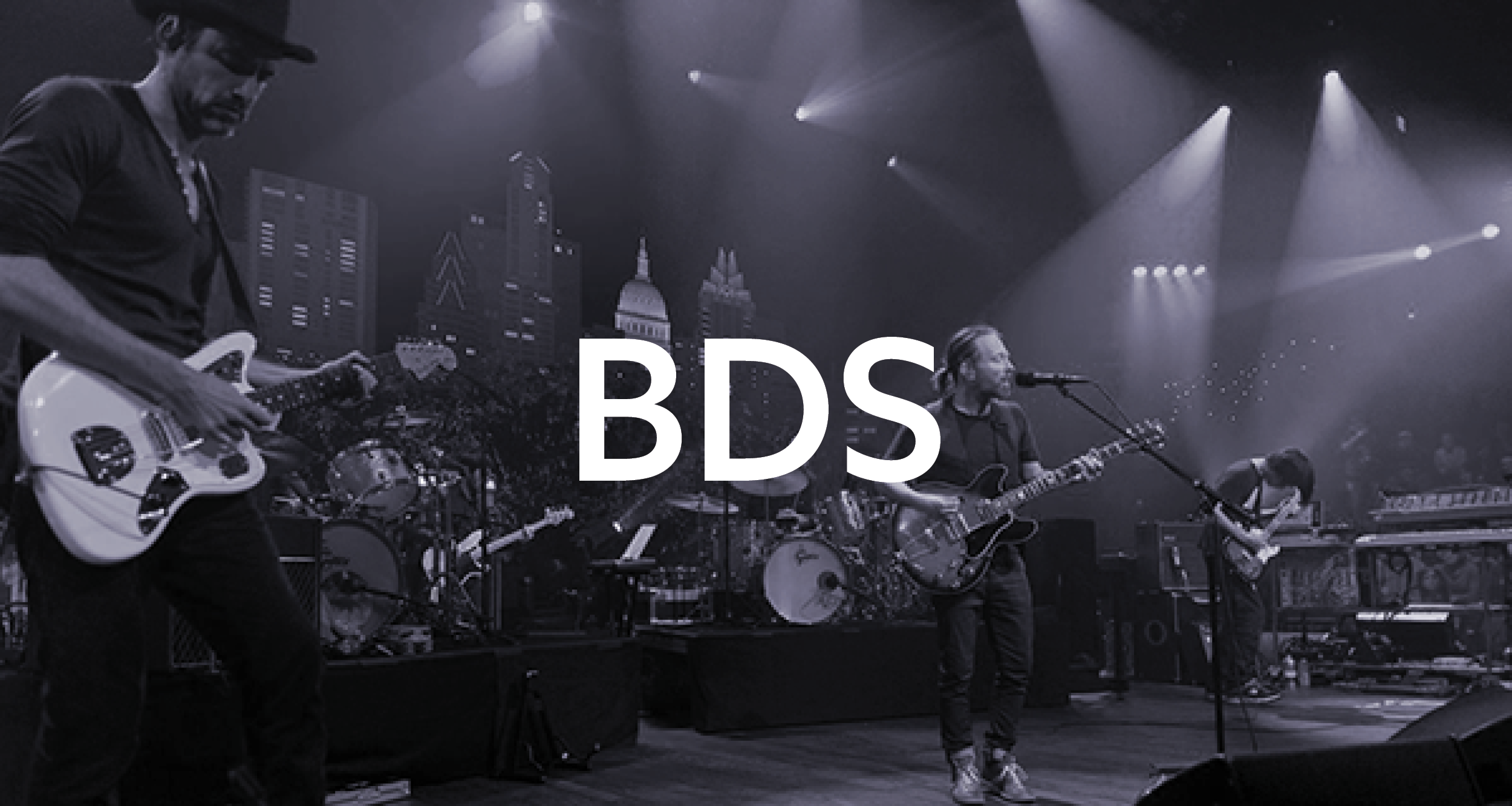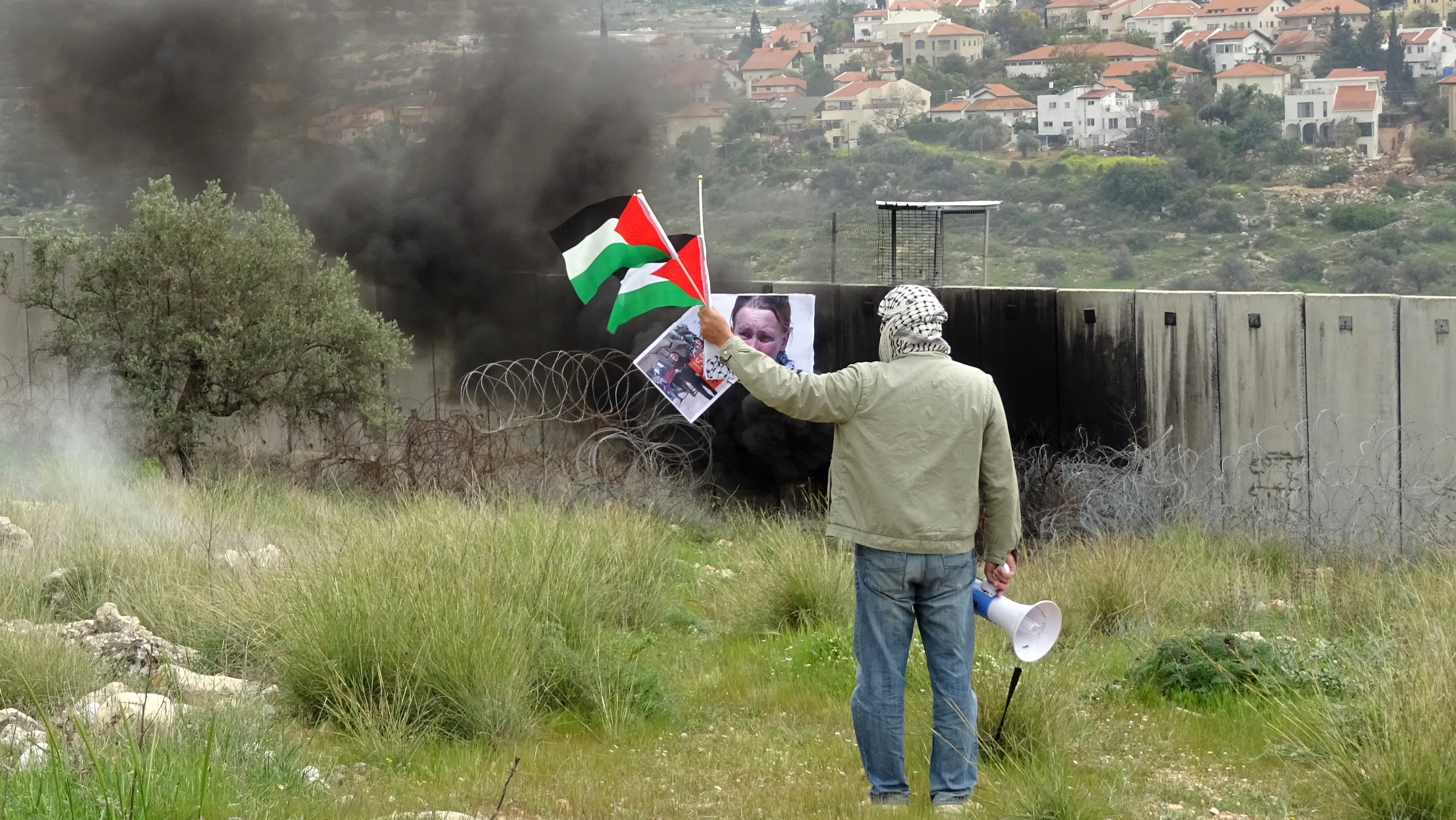Category: Press Releases
-
Jayyous lands again under threat
5th April 2017 | International Solidarity Movement, al-Khalil team | Hebron, occupied Palestine Residents from the West Bank village of Jayyous, east of Qalqilya, endured nightly raids by Israeli forces for a week straight in early April. Israeli occupation forces fired tear gas at resident’s homes, causing some villagers to be taken for treatment to…
-
ISM Statement on Israel’s attempt at silencing Omar Barghouti
On March 19th Israeli authorities barged into the house of Omar Barghouti, co-founder of the Boycott, Divestment and Sanctions (BDS) movement; in an attempt to tarnish his image and reputation by claiming an alleged income outside of Israel. Omar and his wife Safa endured a first round of interrogation lasting 16 hours, Omar was subsequently…
-
Ni’lin remembers Rachel Corrie and Tristan Anderson
17th March 2017 | International Solidarity Movement, Ramallah team | Ni’lin, occupied Palestine Today on 17/03/2017 the residents of Ni’lin alongside internationals and Israeli activists held a demonstration in memory of Rachel Corrie and Tristan Anderson, against the apartheid wall and against the occupation of Palestine. A parade of around fifty demonstrators, including Israeli and ISM…



